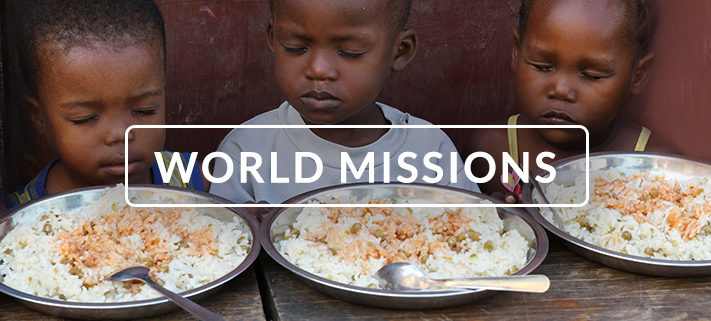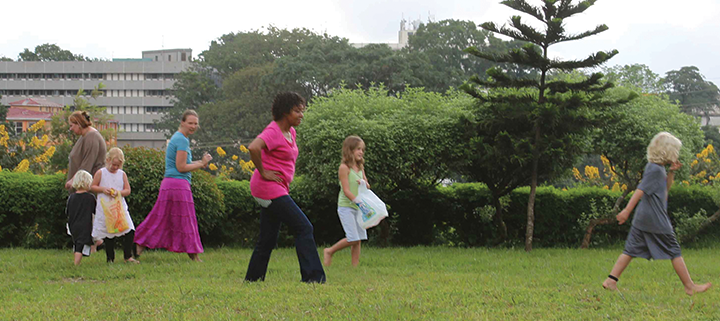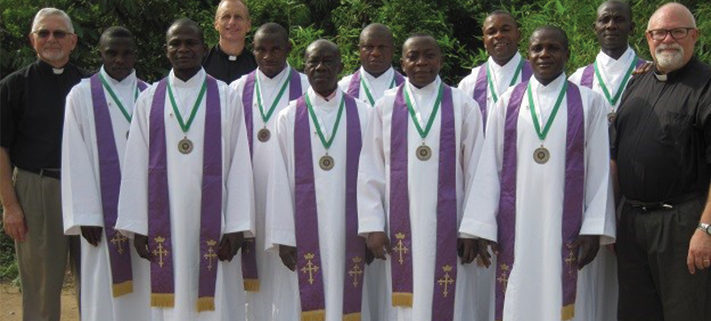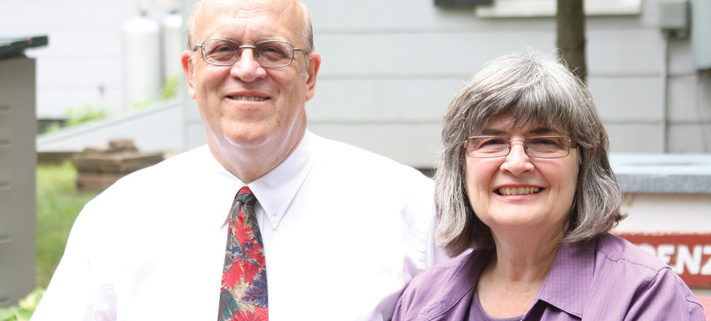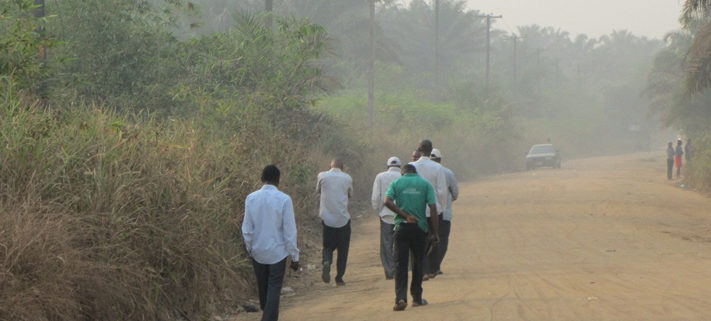Faith and healing for 60 years
When you hear the word “Africa,” what comes to your mind? For WELS Lutherans, perhaps a lot of history comes to your mind. History that is often rooted in the work of the Central Africa Medical Mission.
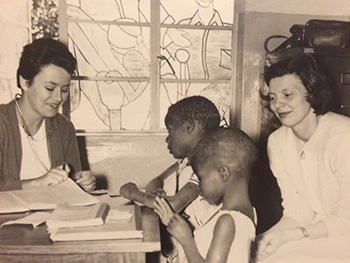
1963: Barbara Welch and Kay Stuh work at the Zambia Clinic
The Central Africa Medical Mission (CAMM) started doing Christ-centered medical work in 1961 for just a handful of people in Mwembezhi, Zambia, which is near Lusaka, the capitol of Zambia. Today, thousands of Zambians come to that same clinic site seeking medical health (healing) for their body as well as spiritual health (faith) for their soul.
In 1970, medical services began in the country of Malawi as a mobile clinic. According to one of our first resident nurses, Edie Schneider Hintz, “For several weeks at three regular clinic stops we saw over 1,900 adults and 700 children in our under-five clinics. Amazing for their first try in the bush with medicine.”
The Lutheran Mobile Clinic in Malawi currently serves four rural villages. Annual attendance varies between 47,000 to 58,000 patients. The people in these villages trust our Lutheran Mobile Clinic to provide them with preventative healthcare and good quality medical care.
This year, CAMM will celebrate its 60th anniversary of showing Christ’s love through our care of very poor and needy people in central Africa who come to our clinics. Every day at our clinics, we get to nourish the faith of patients by sharing God’s Word with them through devotions and praying with them. At the same time, we get to bring healthcare to children in our under-five program, to adults who are suffering from malaria and HIV, and to young mothers in our maternity program.
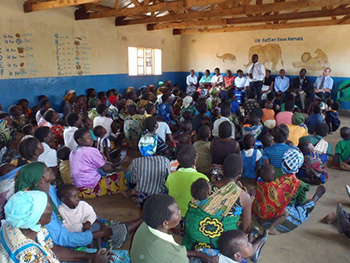
Devotion at a clinic in Malawi
We also have some exciting news happening in Malawi this year. We have reached the point where we are now able to nationalize our clinic and give more responsibility to the Malawian staff, so that they can run the clinic and make it their own. That’s always been our goal, and God has blessed us at this time to be able to achieve that goal.
There are so many blessings that CAMM has experienced by God’s grace, and there are even more opportunities waiting for us.
Because of the Lord’s great love over the past 60 years, hundreds of thousands of patients have been helped and countless lives have been saved through the work of CAMM. In addition, many adults and children have heard the good news of Jesus and have been baptized as a result. It’s been one blessing after another as we have provided Christ-centered medical and spiritual care for the past 60 years in Africa. “To God be the glory, great things he has done!” (CW 399).
Written by Rev. Kevin Schultz, Central Africa Medical Mission Spiritual advisor
We are featuring the Central Africa Medical Mission during the month of April as they celebrate 60 years of God’s grace in 2021. Visit wels.net/camm to learn more.
WELS Missions
Learn about the ministry work of WELS Missions.
SUPPORT MISSIONS
Support the ministry work of WELS Missions.
[fbcomments num=”5″]

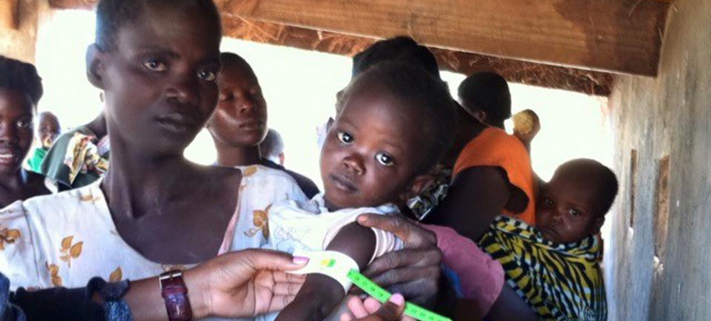

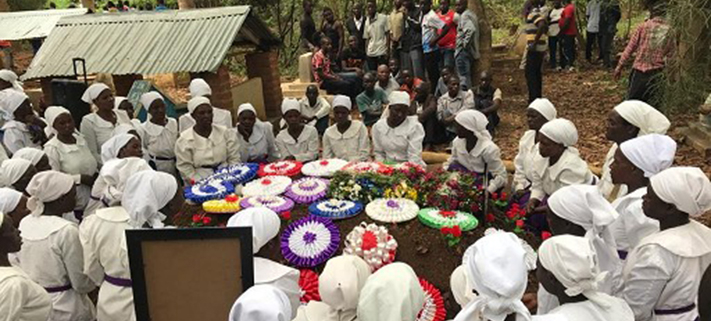
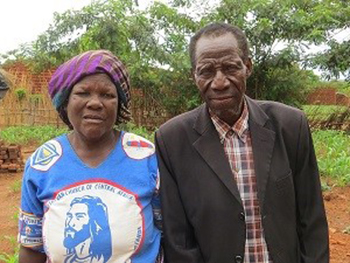
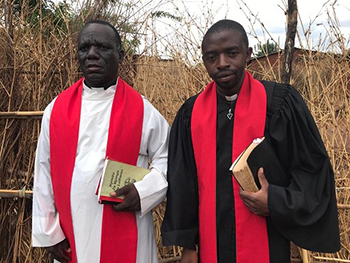
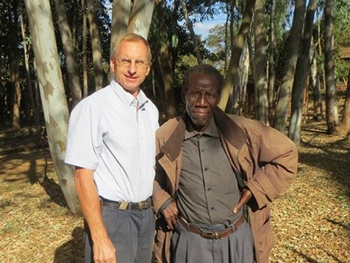
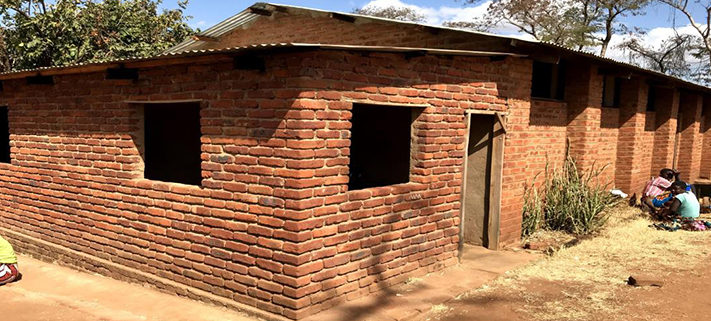
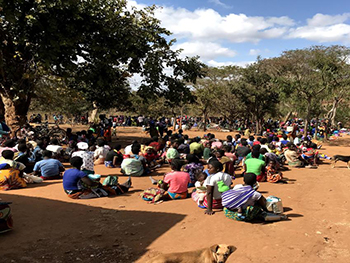
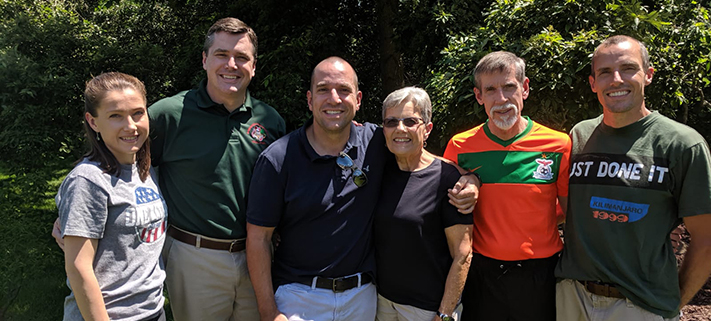
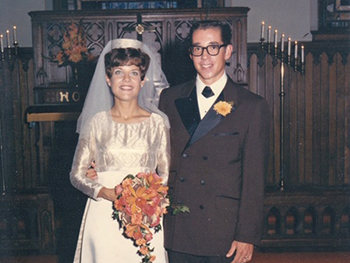
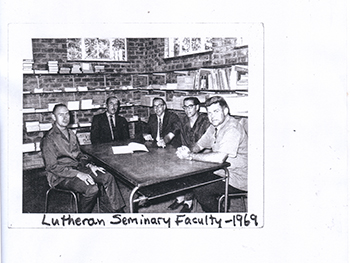
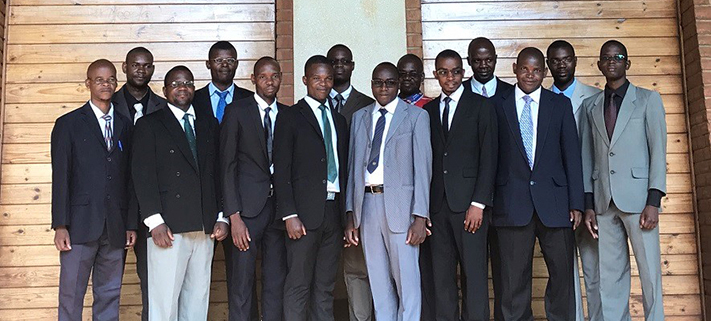
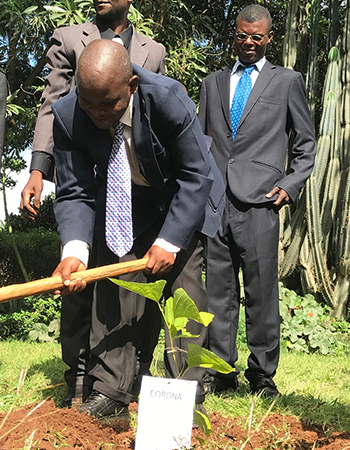
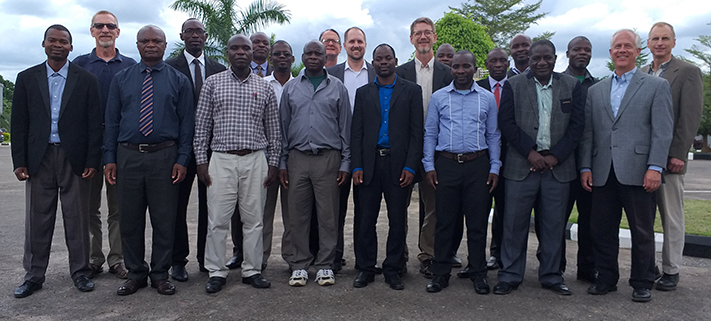
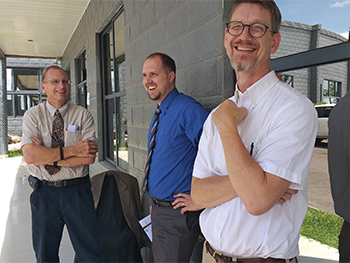
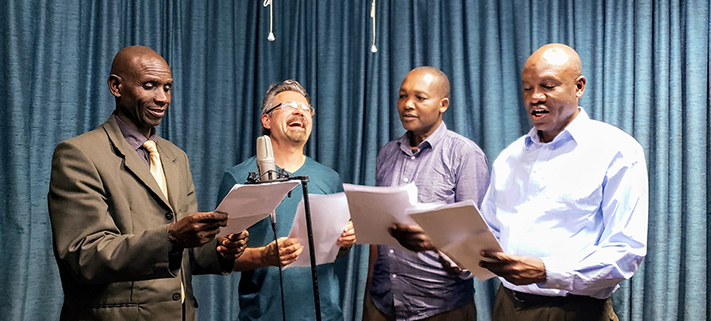
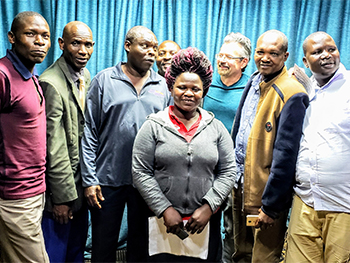
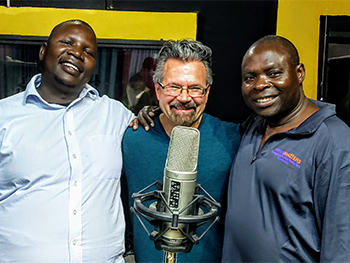
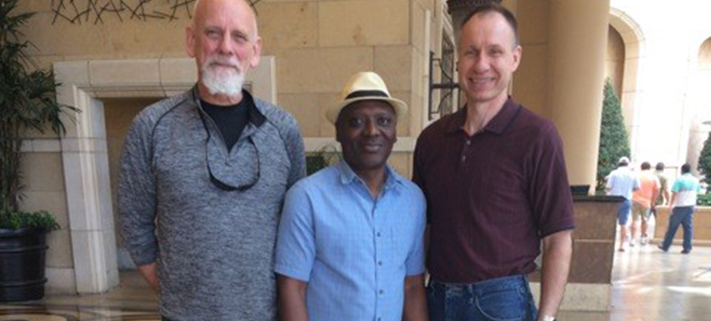
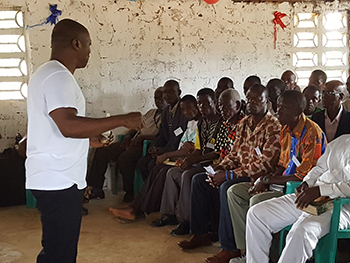
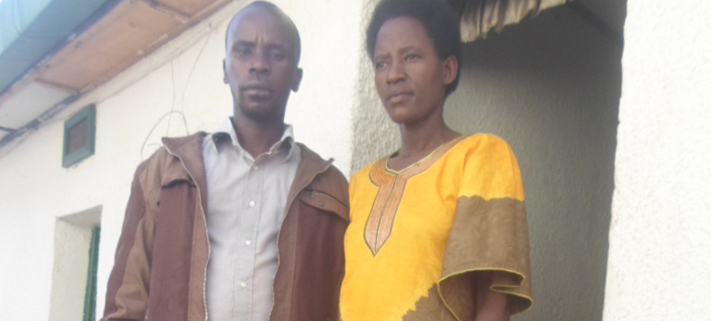
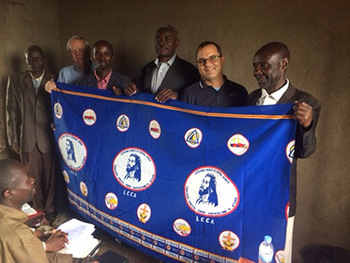
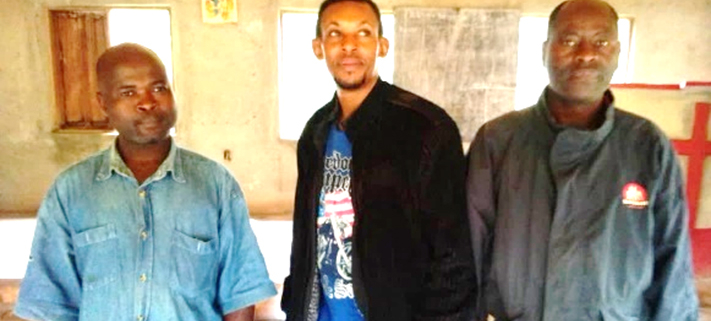
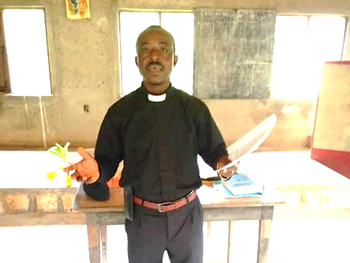
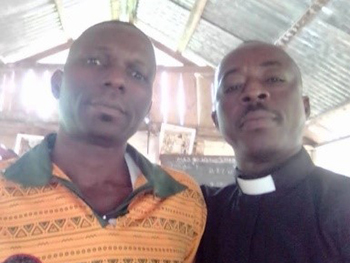
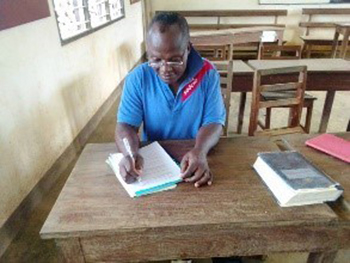
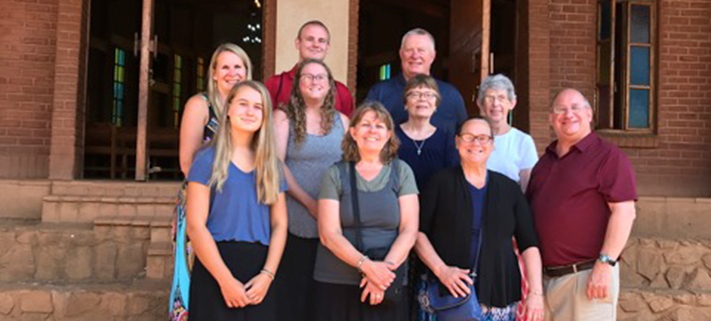
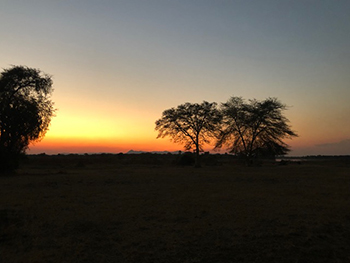
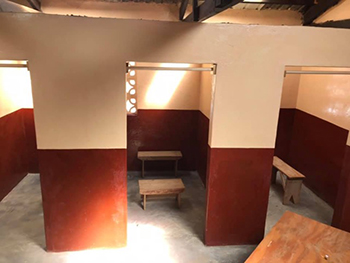
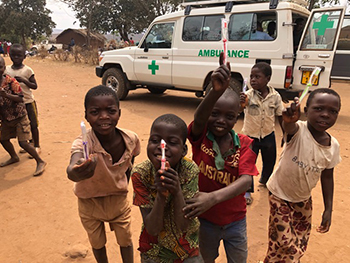
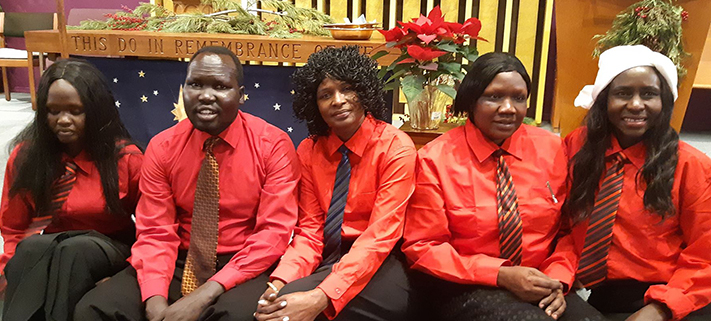
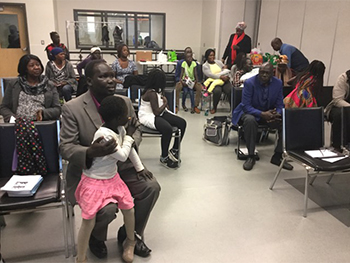
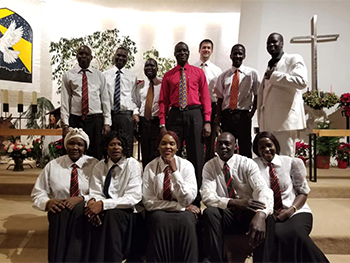
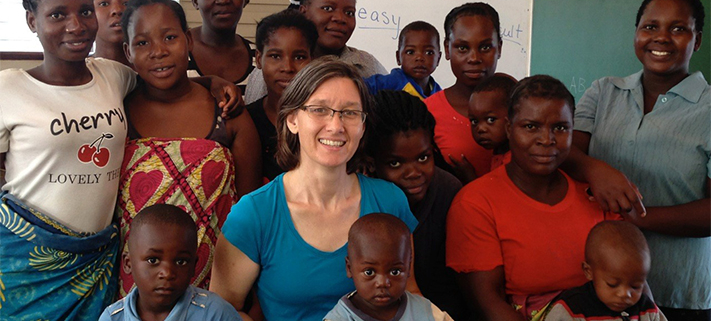
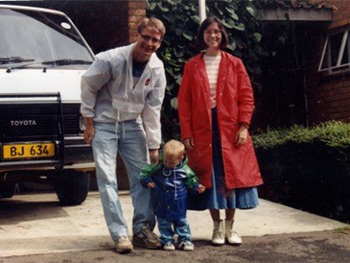
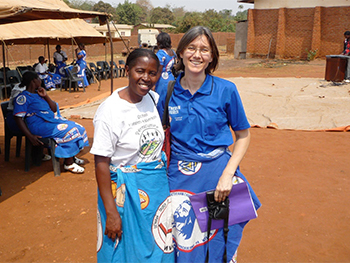

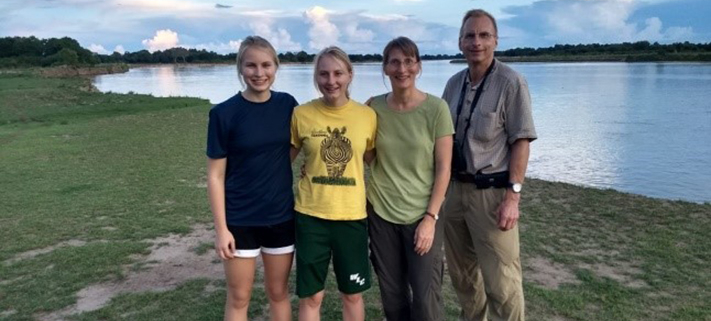
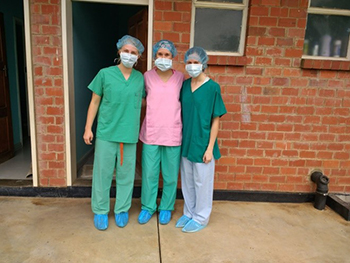
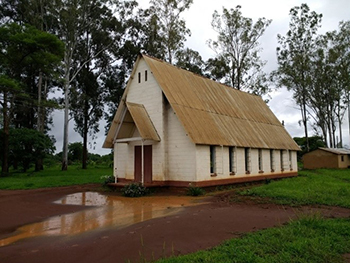
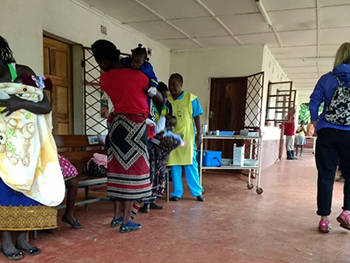
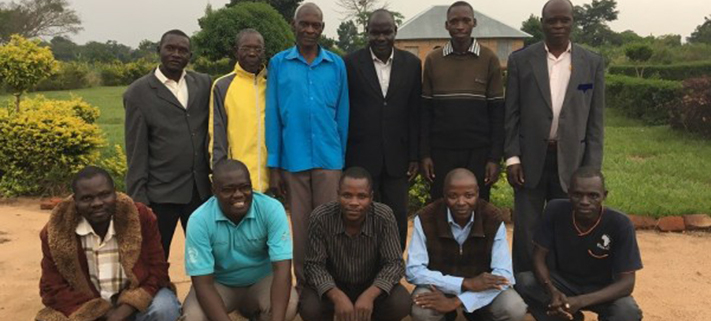
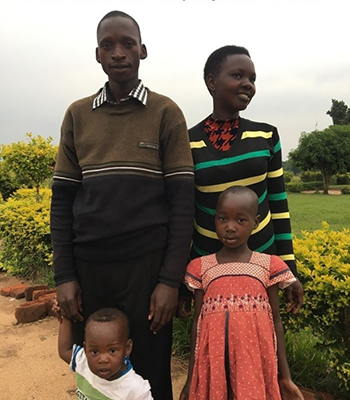
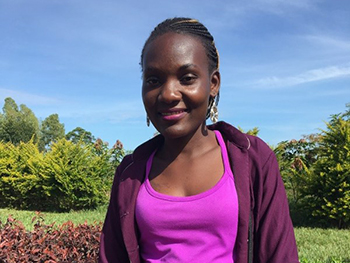
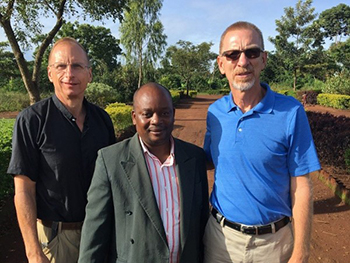
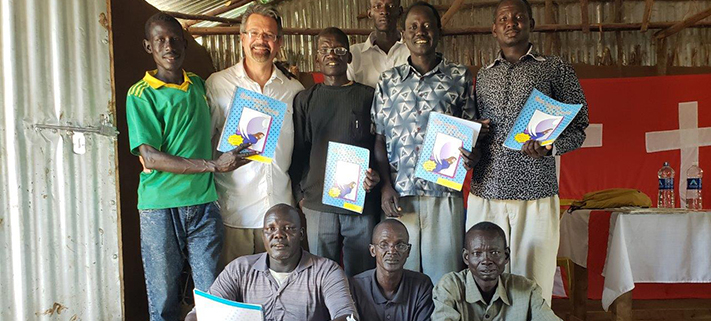
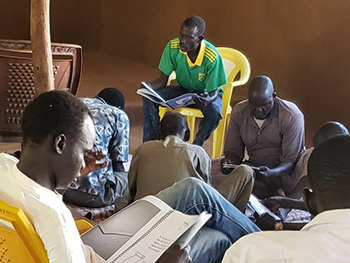
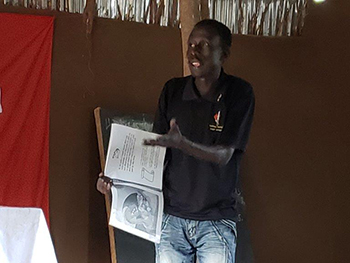
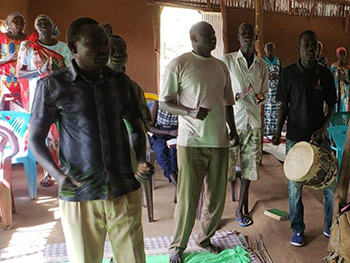
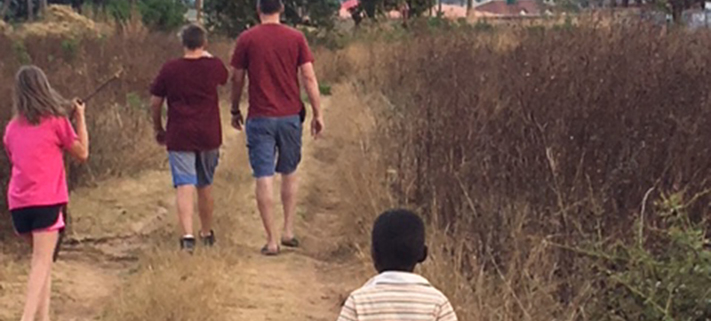
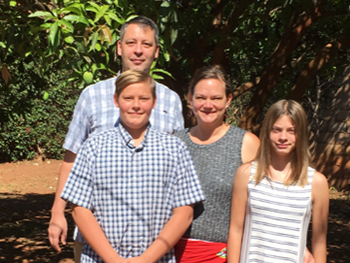
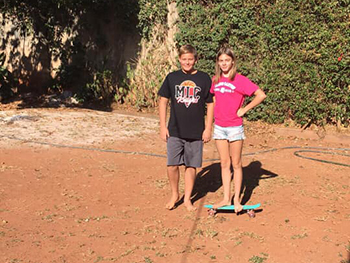

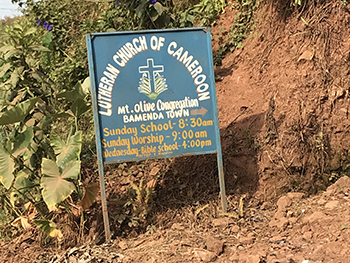
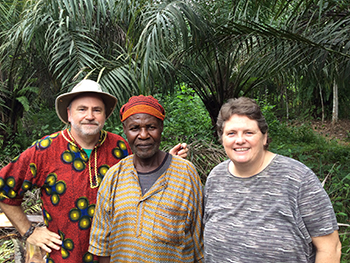
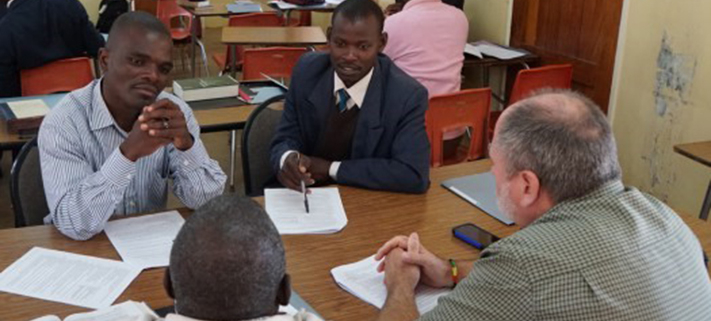
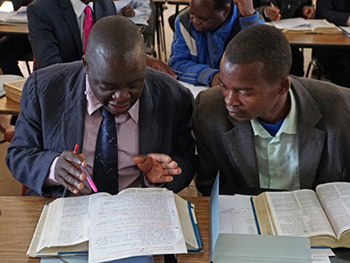
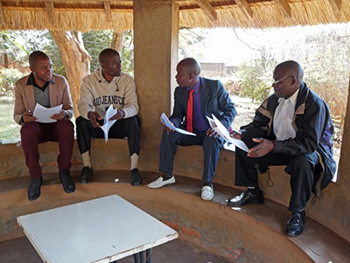
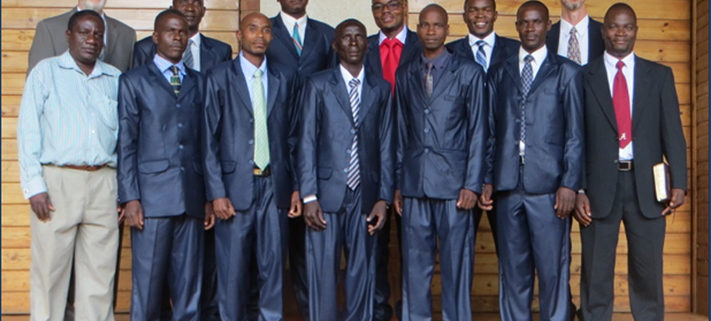
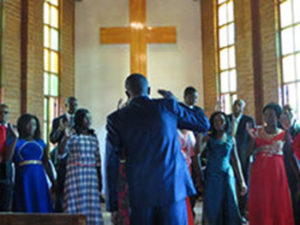
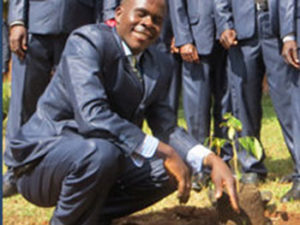 Yes, they have picked up the mantle and gone on. The campus is now quiet. The students and their families are gone. The only things that linger are memories and pictures of that graduation day. Oh, and the tree that they planted.
Yes, they have picked up the mantle and gone on. The campus is now quiet. The students and their families are gone. The only things that linger are memories and pictures of that graduation day. Oh, and the tree that they planted.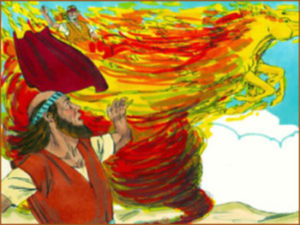 That’s good to know when you reach your own significant juncture in life. Maybe you’re there right now. Or, perhaps one is right around the corner. There may come a time when someone special in your life leaves you behind. Not necessarily through death, but that may be the case too. It may be that that someone special in your life is called by God to go in a different direction than you thought–or hoped. But chances are, you may at least for a while, feel alone. Lonely. Perhaps intimidated by the work that God has called you still to do. You may wonder how to move forward with the gifts you have–or don’t have.
That’s good to know when you reach your own significant juncture in life. Maybe you’re there right now. Or, perhaps one is right around the corner. There may come a time when someone special in your life leaves you behind. Not necessarily through death, but that may be the case too. It may be that that someone special in your life is called by God to go in a different direction than you thought–or hoped. But chances are, you may at least for a while, feel alone. Lonely. Perhaps intimidated by the work that God has called you still to do. You may wonder how to move forward with the gifts you have–or don’t have.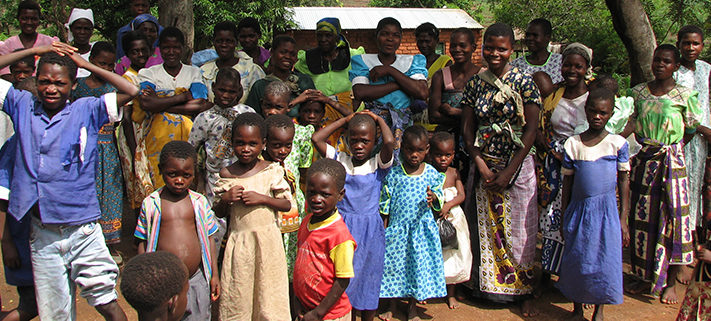
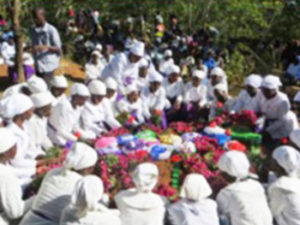 Funerals.
Funerals.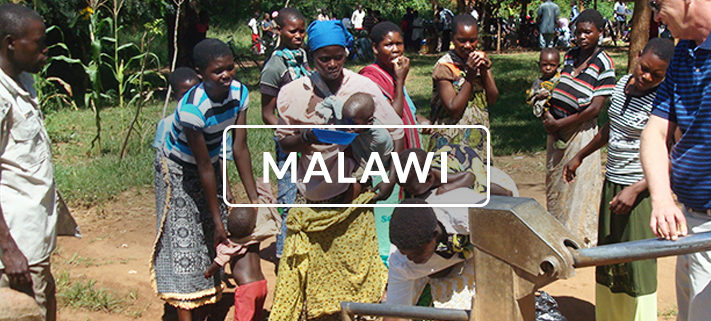
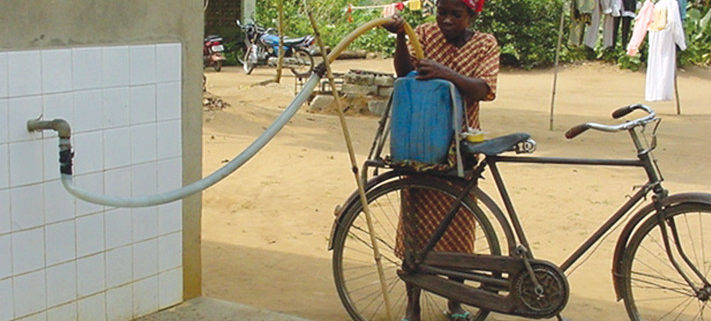
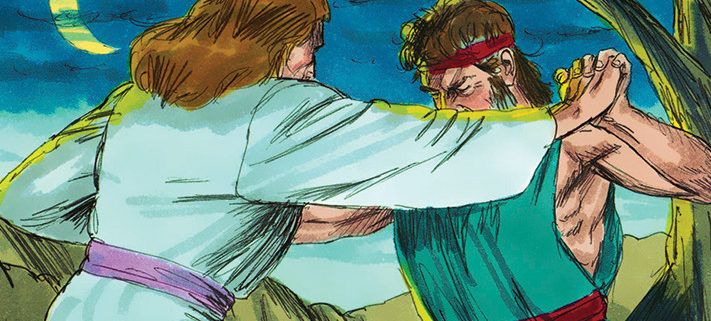
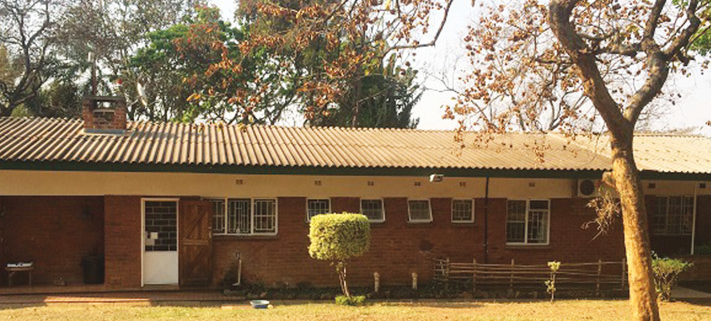

 though it is called the Warm Heart of Africa, it doesn’t always give a person the warm fuzzies. Amanda treasures her “go-to” Bible verse that she’s kept close to her heart and mind since she was young:
though it is called the Warm Heart of Africa, it doesn’t always give a person the warm fuzzies. Amanda treasures her “go-to” Bible verse that she’s kept close to her heart and mind since she was young: